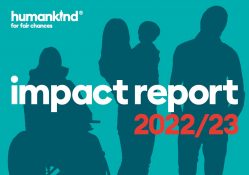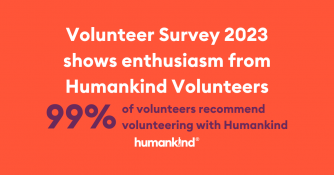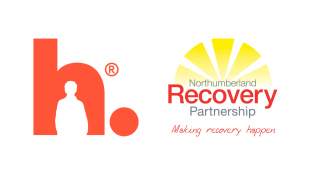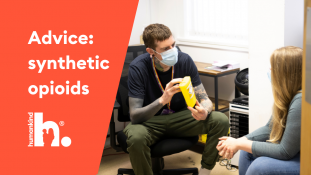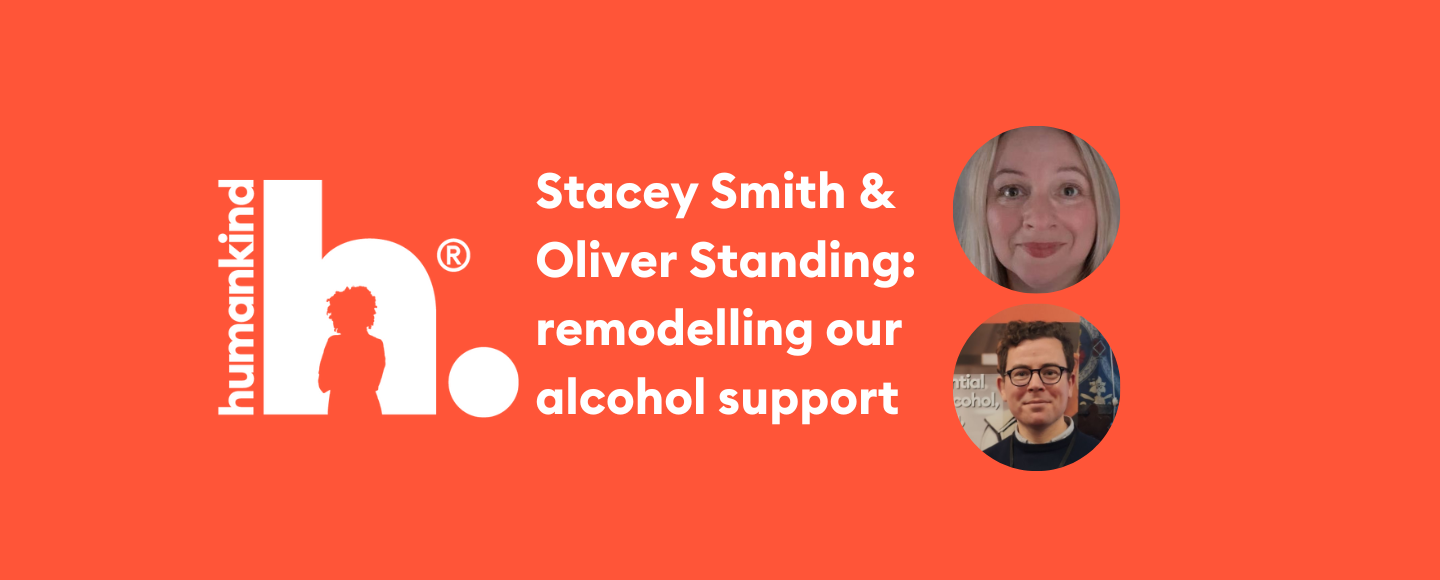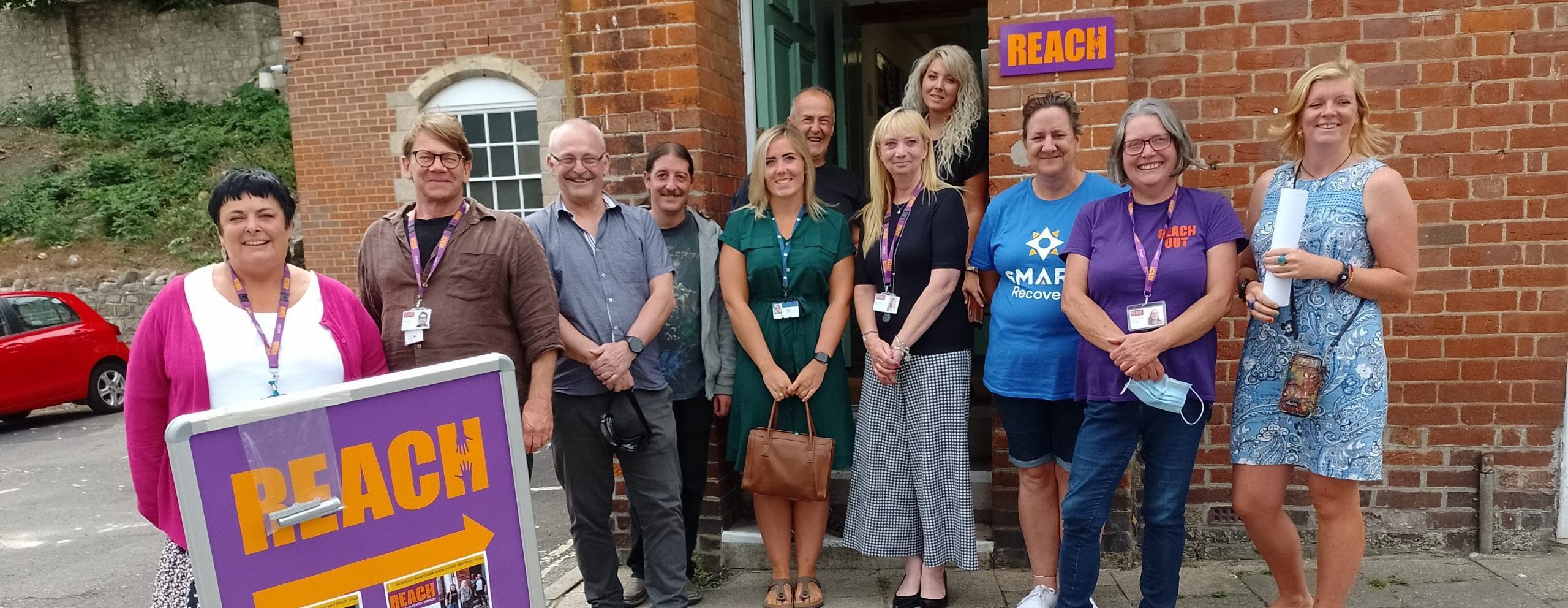
REACH, which is part of our new South West region, has been successful in winning the contract to provide Dorset Council’s alcohol and drug support service for another eight years.
REACH has been delivering excellent care and support for the people of Dorset since 2017. This announcement means that they can continue to embed themselves in local communities and provide a bespoke drug and alcohol service to people when and where they most need it. The recommissioning announcement is a validation of the high regard with which the service is held and all the hard work, professionalism and expertise of staff and volunteers.
This is the best outcome for the people who need support for their drug and alcohol use in Dorset. Recommissioning REACH gives people who use our services much needed stability of treatment and continuity of care.
Cllr Jane Somper, Dorset Council Adult Social Care and Health Portfolio Holder said: “We are delighted to be able to award REACH the contract to deliver drugs and alcohol support services in the Dorset Council area.
“We have had a great partnership so far and we look forward to continuing to deliver services together to help those residents who need support with substance misuse.
“It is also great news that those residents in our treatment services already will see no difference in their current recovery journeys with having REACH continue their fantastic work in the county.
The new contract starts on 1 November 2023, and remains a fully integrated service for young people, adults and families. The service for young people under the age of 25 is run in partnership with Essential Drug and Alcohol Service (EDAS) and clinical delivery is led by Avon and Wiltshire Partnership Trust (AWP).
There is a specialist family team within REACH that works with the whole family. In addition, the service works in harmony with Dorset Social Care and NHS England through the Safeguarding Families Together team and the Mental Health Treatment Requirement service.
Ted Haughey, Executive Director of Operations at Humankind, said: “This is great news for Dorset. REACH is a service that is genuinely embedded in and part of its local community. In March, Humankind launched an ambitious five year strategy, Being Human, which contains the three key themes of people, partnerships and place. REACH embodies our commitment to the provision of bespoke services woven into Dorset’s community fabric and shaped around the needs of local people. There is rightly a genuine hope, optimism and excitement about REACH’s future.”
Humankind is a national charity which supports over 90,000 people every year. Our services stretch from Dorchester to Durham, supporting people’s complex health and social needs. As part of a larger organisation, REACH now benefits from connection, innovation and learning from Newton Aycliffe to Newton Abbot.
REACH has developed a close partnership with Dorset Council over the past six years and prior to that ten years becoming embedded in the local community through innovative projects such as the first peer mentor programme in the South in 2009. This project became an accredited programme in 2011, as well as becoming the second service in England to offer postal naloxone through the web based NSPDirect service.
REACH was also the first service to offer postal Dry Blood Spot Testing (DBST) in partnership with the NHSAlliance and Hep C U Later Campaign which was just one small part of REACH’s exceptional covid response plans.
“REACH has an ambitious vision of continuous improvement for the communities of Dorset in the coming years” said Beth Davies who leads the REACH service in Dorset. “We will maintain excellence in all our contractual and Office for Health Improvement and Disparities (OHID) targets. REACH’s end of year performance report reflects a picture of exceptional outcomes. We have met and exceeded all our contractual targets within the Humankind quality and performance framework, reaching the highest level of performance across all key indicators. We will be building upon these solid foundations, developing accessibility to services and innovative partnerships.”
To contact REACH please call 0800 043 4656 or visit www.edp.org.uk/reach.
